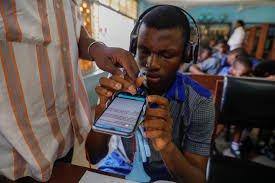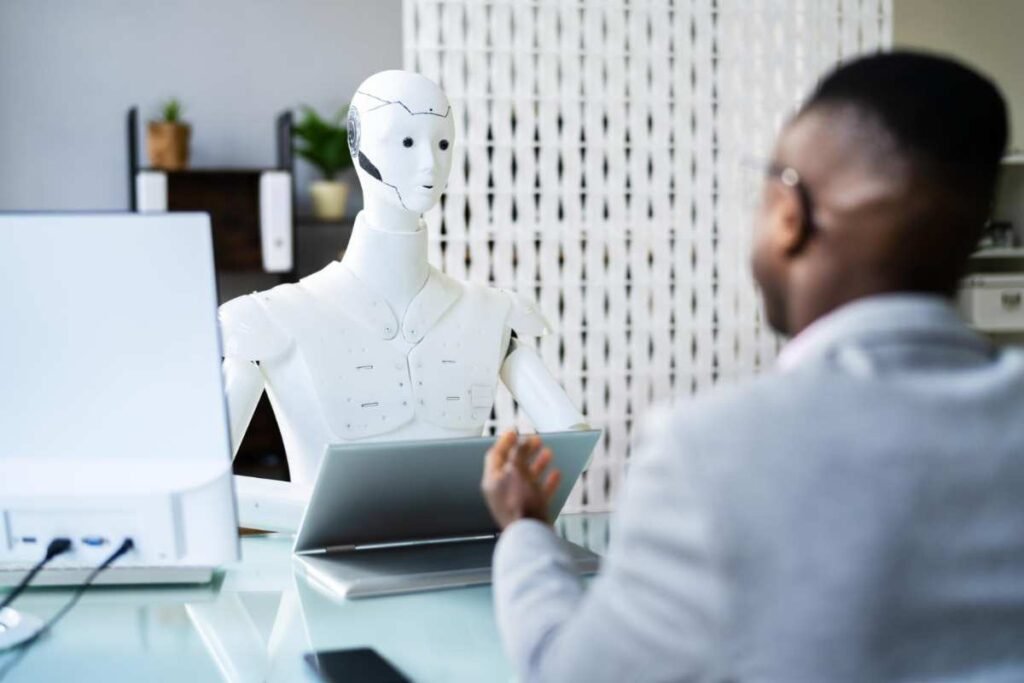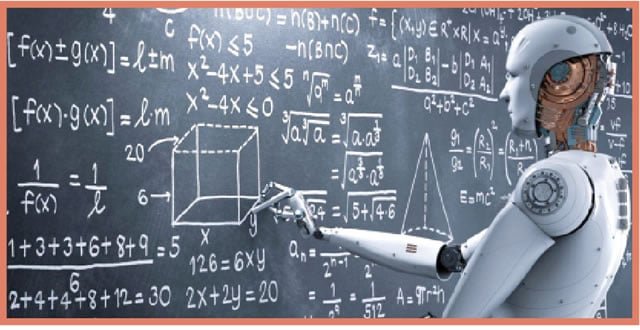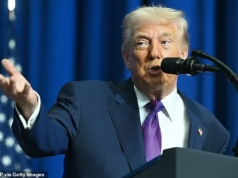In an age where artificial intelligence (AI) and digital tools are rapidly transforming how we learn, work, and relate, one key truth holds strong: technology alone does not revolutionise education. It’s the teachers—motivated, skilled, and supported—who make the difference. As the world observes World Teachers’ Day on October 5, a compelling message echoes from the heart of global education: teachers must be central agents of AI-driven change in classrooms.
With that message, UNESCO and Cambodia’s Ministry of Education, Youth and Sport (MoEYS) have jointly advocated for teachers to assume a pivotal role in shaping how AI is deployed in education. Under the 2025 theme, “Teacher is the catalyst of AI transformation,” the two bodies staged a high-profile national celebration in Phnom Penh, spotlighting how AI can empower—but not replace—the human dimension of teaching, according to UNESCO.
Through speeches, programmes, and partnerships, UNESCO and MoEYS framed a powerful vision: for teachers to be not passive users of AI, but proactive architects of inclusive, ethical, student-centred learning environments. The event drew over 1,200 educators, school leaders, and development partners, underlining the urgency and promise of this vision.
In this report, we explore the highlights of the celebration, the rationale behind the approach, and key takeaways that Nigeria’s education ecosystem can learn from.

Table of Contents
A National Celebration Anchored in a Bold Theme
This year’s World Teachers’ Day was hosted in Cambodia by MoEYS and UNESCO at the National Institute of Education (NIE), Phnom Penh. It was presided over by H.E. Dr. Hang Chuon Naron — Deputy Prime Minister and Minister of Education, Youth and Sport — alongside Ms Esther McFarlane, Chief of Education at UNESCO Phnom Penh. Over 1,200 teachers, education leaders, and development partners attended, signalling a strong national commitment.
The national theme—“Teacher is the catalyst of AI transformation”—emphasises that introducing AI into classrooms demands more than just hardware or software. It requires teachers to steer how these tools are adapted, integrated, and regulated in a way that serves learners, especially the marginalised.
Cambodia’s choice of theme ties into its broader development plans. Its “Pentagonal Strategy – Phase I” elevates human development and digital transformation as two essential pillars for sustainable growth. By aligning AI in education with national priorities, the MoEYS is signalling that AI isn’t just a technical matter but a sociosystemic one.
To give teeth to the vision, MoEYS has launched Cambodia’s first ICT–AI Competency Framework for Teachers, with UNESCO backing. The framework is built on UNESCO’s global competency frameworks for ICT (2018) and AI (2024), and delineates the knowledge and skills teachers should possess to use digital and AI tools effectively—while keeping the human aspect of education front and centre.
Why Teachers, Not Tools, Should Lead the Shift
A central thread across the speeches and programming is this: AI does not transform education on its own—teachers do. The tools may assist, but educators guide, interpret, inspire, and ensure inclusion. Without their agency, AI risks being misapplied, creating inequities or undermining room for critical thinking.
Dr. Hang Chuon Naron drove home this perspective in his address: “Teachers are the drivers of Cambodia’s digital transformation. The integration of AI in education will augment teachers’ capability to transform education. By equipping them with skills to harness digital technology and AI responsibly, they are empowered to unlock new learning opportunities and nurture the next generation of innovators and leaders in a rapidly evolving world.”
More than that, he envisioned AI helping teachers with tasks like lesson planning or delivering more personalised support to learners—shifting tedious workload toward more creative and pedagogical work. Key, though, is that the teacher remains conductor, not passenger.
Esther McFarlane of UNESCO echoed this: “Teachers are not only adapting to new technologies; they are shaping how these tools are applied to inspire and empower learners to think independently and creatively about the questions, challenges and opportunities they will face in society.” She stressed it’s essential that new technologies support and empower teachers—not supplant them.
To this end, UNESCO and MoEYS have doubled down on programmes that equip educators: continuous professional development (CPD), mentoring, teacher research grants, and communities of practice that let teachers collaborate, innovate, share, and scale good practice. That idea links well to the global theme for 2025: “Recasting Teaching as a Collaborative Profession,” which underlines that teaching is never a solo endeavour but one grounded in collegiality, peer support, and shared responsibility.
Cambodia’s STEPCam programme (Strengthening Teacher Education Programmes in Cambodia), funded at USD 27.02 million by the Global Partnership for Education (GPE), is a flagship example. Since 2018, it’s supported not just pre-service teacher education but also ongoing development, mentoring, and system strengthening to embed digital and AI readiness.

Lessons for Nigeria: What We Can Learn
While the UNESCO/MoEYS story comes from Cambodia, there is much relevance for Nigeria—and indeed for any country navigating AI integration in education.
1. Place teachers at the centre
Any attempt to digitise or incorporate AI must start with teachers—not as users, but as architects. Their insights, local context, pedagogical instincts, and ethical judgment are indispensable.
2. Develop a competency framework
A national framework that sets out clear AI and ICT competencies helps unify training, guide professional development, and set clear expectations. Nigeria’s Federal Ministry of Education, state education boards, and teacher training institutions can adopt analogous frameworks to ensure coherence.
3. Invest in continuous professional learning and mentoring
Rolling out AI tools without sustained support risks failure. Teachers must be able to learn, experiment, collaborate, receive feedback, and adapt tools to their realities. Mentoring and communities of practice are vital support scaffolds.
4. Foster a culture of collaboration
Teaching becomes stronger when educators share experiences, converge on best practices, partner on research, and grow together. The global 2025 theme of collaborative teaching aligns well here: AI adoption should be a collective journey, not a solitary one.
5. Prioritise equity, ethics, and the human dimension
AI comes with risks—bias, exclusion, data privacy issues. Teachers must guide technology use to protect student dignity, promote inclusion, and cultivate critical thinking. The human dimension should never be sacrificed for novelty.
6. Leverage partnerships and investment
Cambodia’s STEPCam, funded via GPE and implemented with UNESCO, is a reminder that impactful initiatives often require external support, cross-institutional collaboration, and well-structured funding. In Nigeria, collaboration among government, development agencies, NGOs, and the private sector will be key.
7. Position AI in alignment with national visions
Just as Cambodia linked AI in education to its national development strategy, Nigeria should embed educational AI adoption in broader national plans and sustainable development goals. That helps secure political commitment, funding, and coherence across sectors.

Looking Ahead: Making Teachers the Vanguard of Change
As World Teachers’ Day draws global attention to the teaching profession, the UNESCO/MoEYS message is clear: in the dawn of an AI-infused future, teachers must not simply adjust—they must lead. Technology can be a powerful ally, but only when wielded by capable, reflective, and ethically grounded educators.
In Cambodia, the upcoming phases will test whether the strategy works in practice: Do AI-ready teachers boost learning outcomes? Can collaborative teacher networks scale innovation? Will the competency framework adapt well to evolving AI capabilities? These are questions still unfolding.
For Nigeria, the opportunity is open: rather than playing catch-up, our education stakeholders can proactively chart a path that values human agency, centres teachers, and harnesses AI responsibly.
If we succeed, then on future World Teachers’ Days, we’ll celebrate not just teachers, but teacher-innovators, teacher-architects, and teacher-catalysts—the ones who shape not just lessons, but the very future of learning.
Join Our Social Media Channels:
WhatsApp: NaijaEyes
Facebook: NaijaEyes
Twitter: NaijaEyes
Instagram: NaijaEyes
TikTok: NaijaEyes





